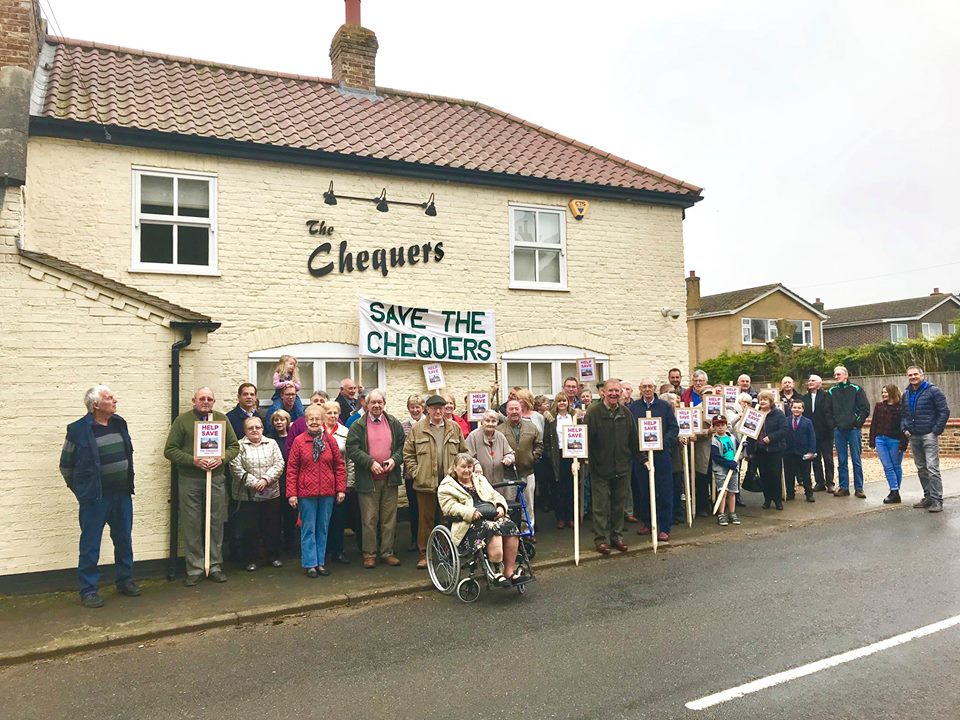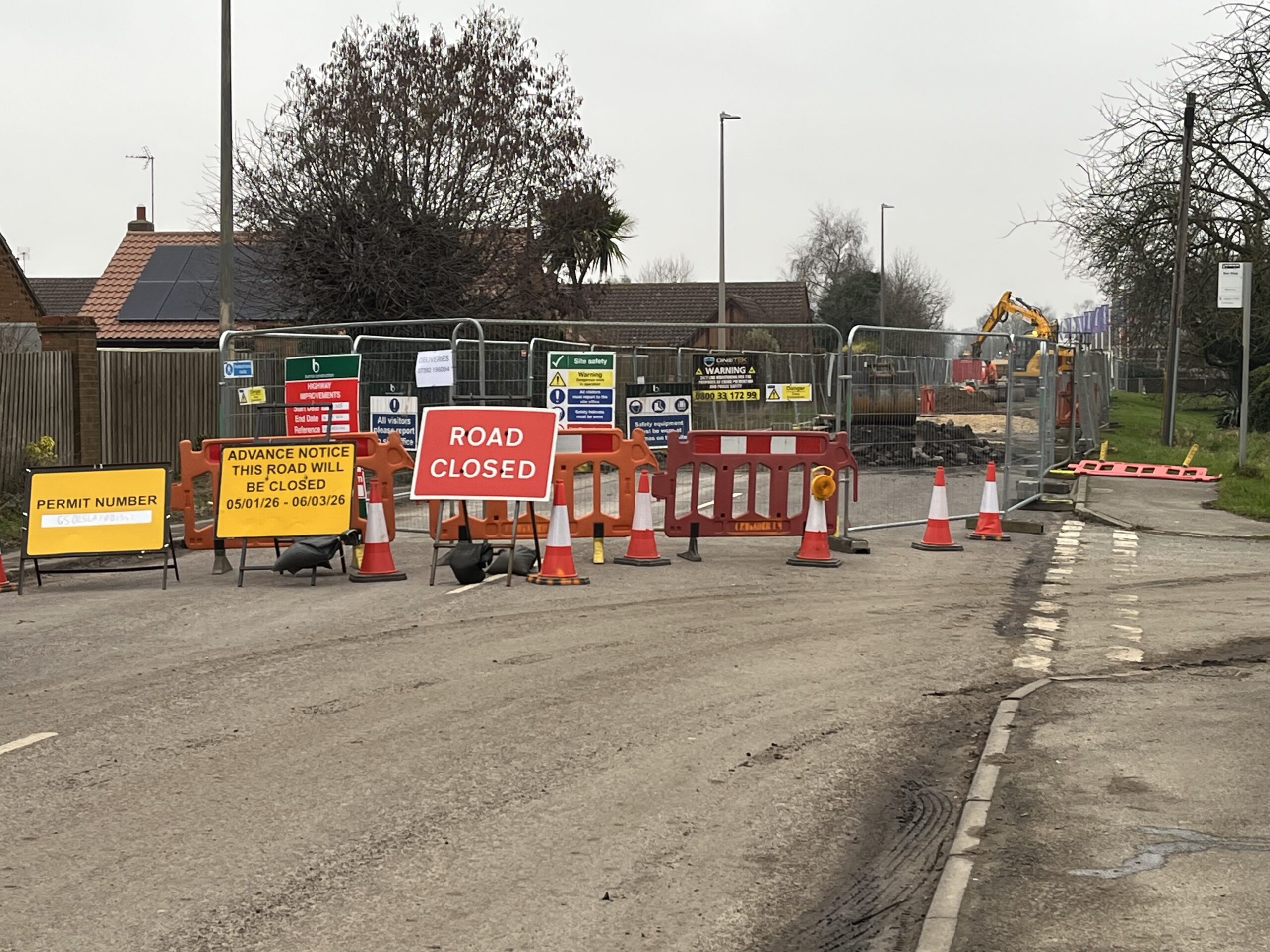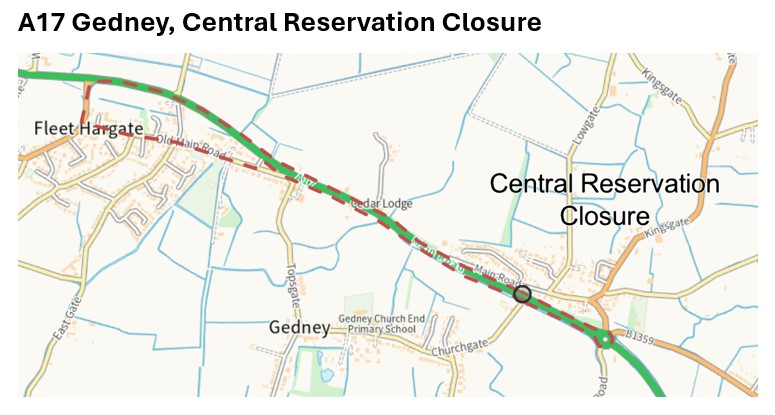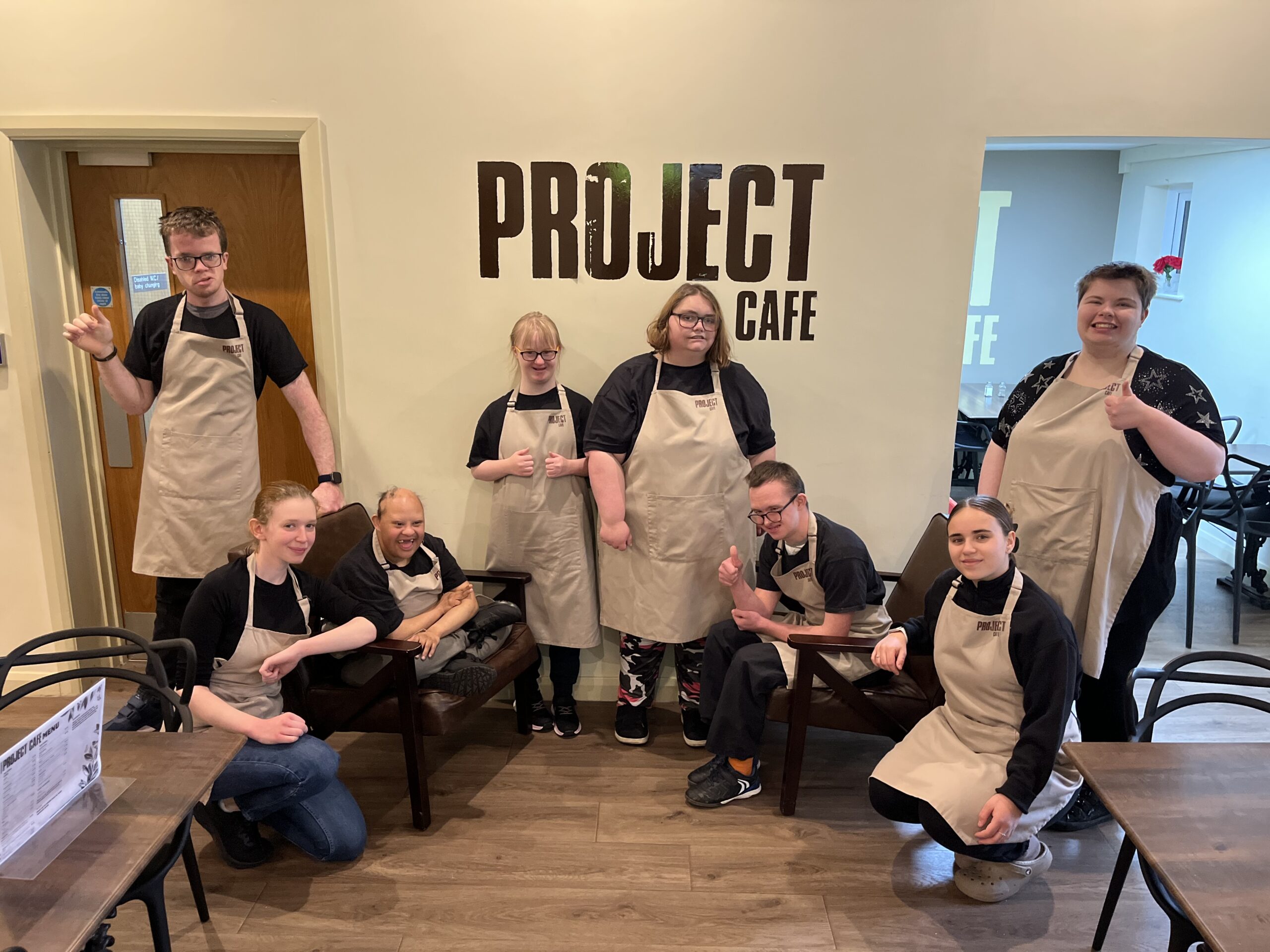A plan to re-open a village’s last pub and incorporate a village shop has been given a boost.
Gedney Dyke campaigners have successfully lobbied to have The Chequers public house listed as an Asset of Community Value by South Holland District Council at the second time of asking.
It came just days before the authority’s planning committee were due to rule on a plan by its owner Mr Gareth Franklin to turn the pub, which closed its doors last December, into flats.
The application was pulled from the agenda of last Wednesday’s (July 25) meeting.
It went unsold when it recently came up at auction for a guide price of £200,000-£250,000.
As The Chequers is now listed as a community asset for the five-year duration it is on the list it would be subjected to what is called the “Community Right to Bid” legislation that means the sale of the building would be paused for six months to allow a community to raise the funds to buy it themselves.
The nomination form submitted by the parish council as part of the Community Asset application states: “The building is of historic and social interest and as such creates an environment of wellbeing.
“A village without a pub or a church is generally considered not to be a village at all.”
It goes on to state: “The pub has been unsuccessful because the business model was a “fine dining” destination in an area which could not support such an establishment,” and that the pub was not open on several days a week, including Sundays.”
A response from the owner in the district council’s report states: “The owner has no objection to selling the pub to whoever wishes to buy it but that does not mean he required to simply give it away, especially having regard to the amount he has invested in it.”
The campaign group Save The Chequers formed after a meeting in April have put forward a business plan for the pub as to how it would be run including incorporating a village shop.
Gedney Parish Council would look to purchase the property and look at grants to supplement fundraising efforts.
A previous Community Asset application was refused by the district council due to a lack of information but this one was passed as it was felt its importance was justified.
The report recommending approval states: “Based on the evidence provided it is realistic to think that there could be a time in the next five years when there could be a non-ancillary use of the building or land that would further (whether or not in the same way as before) the social wellbeing or social interests of the local community.”







